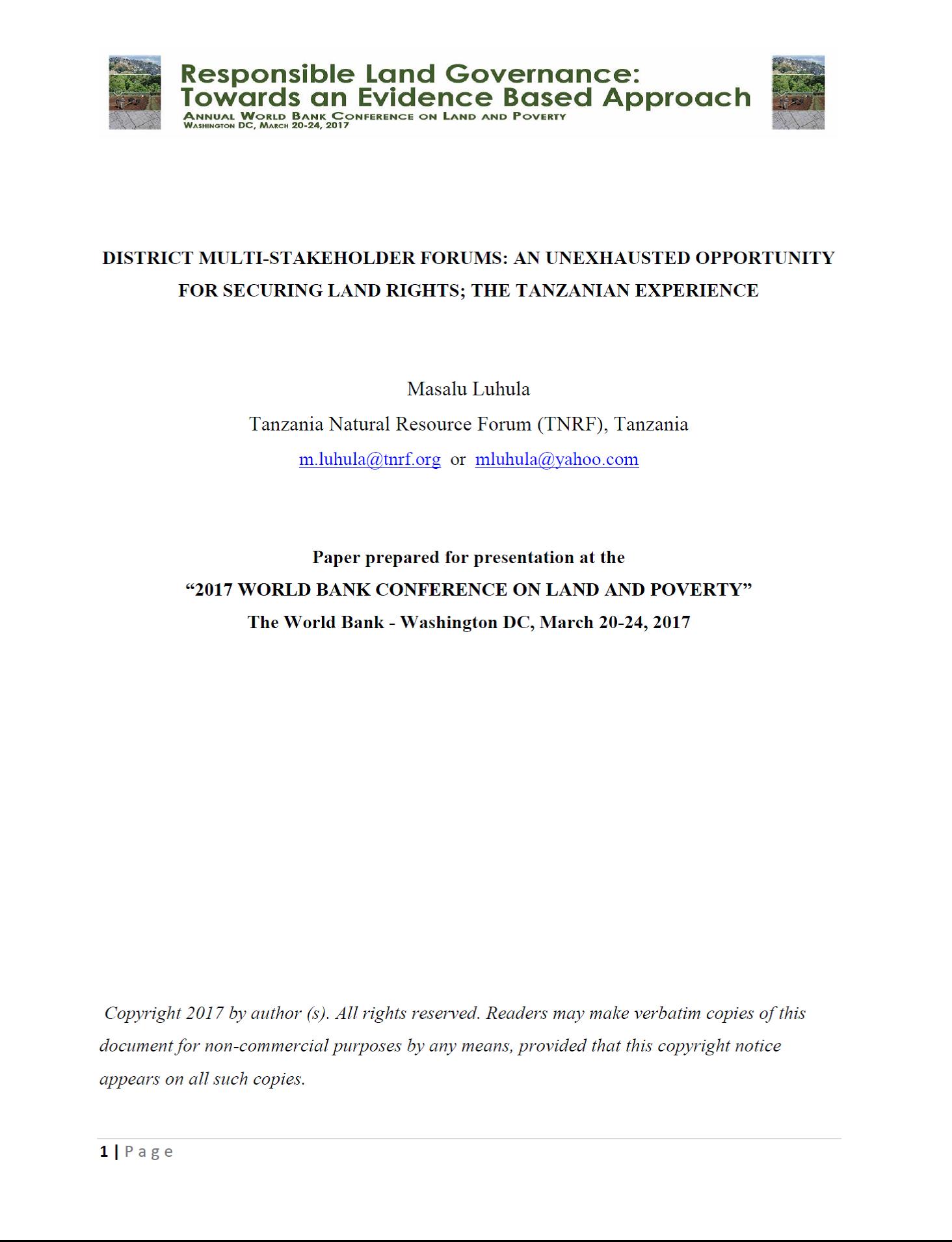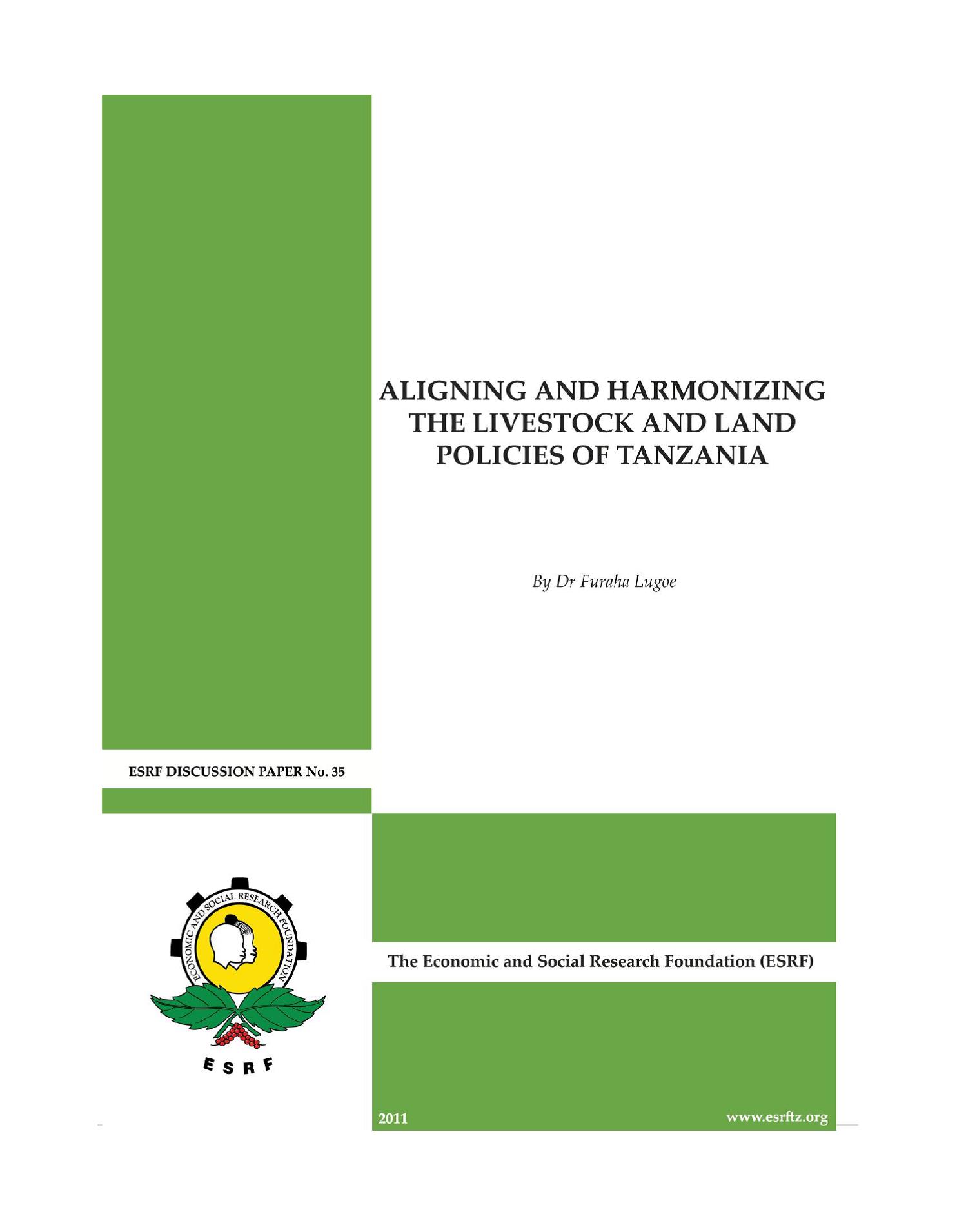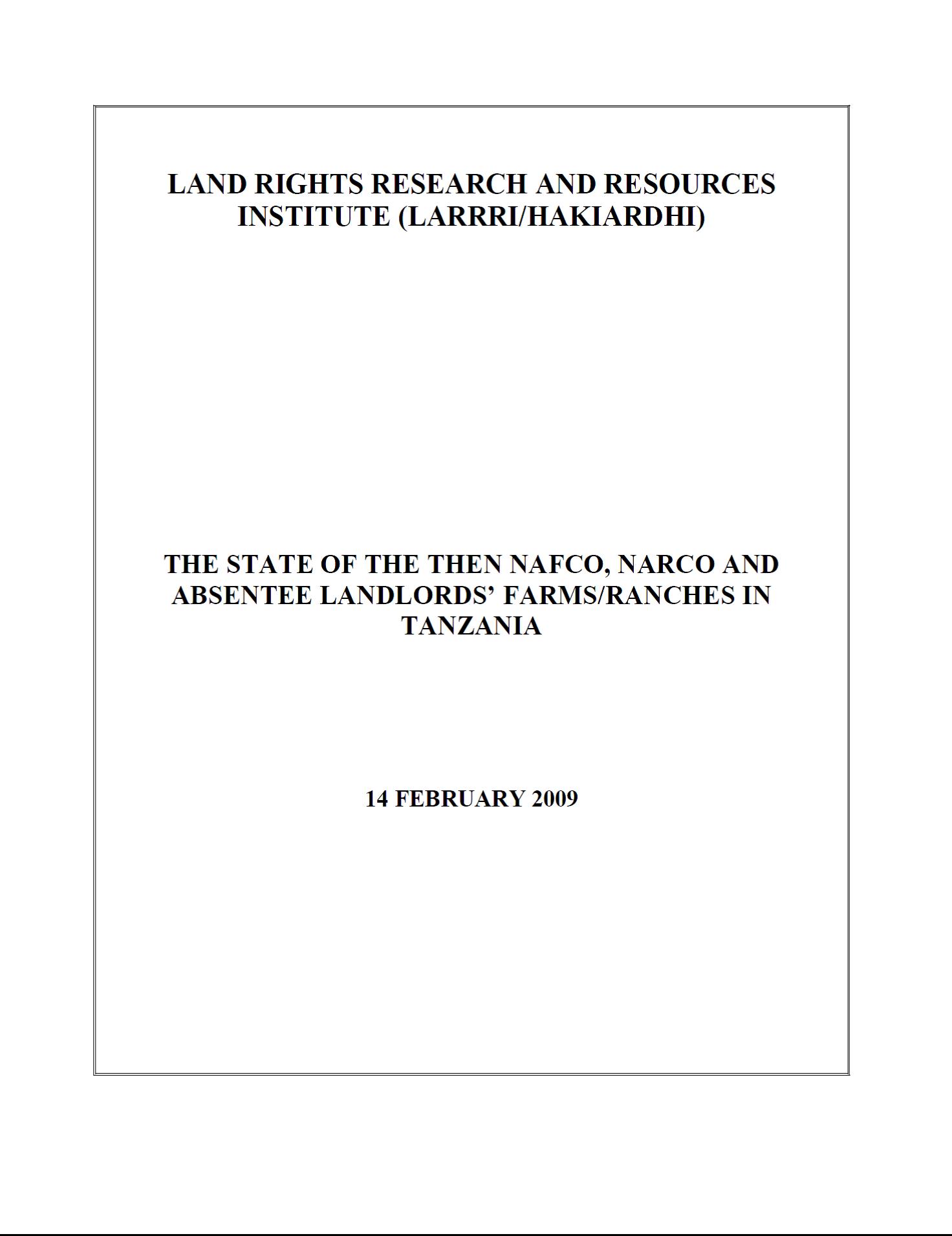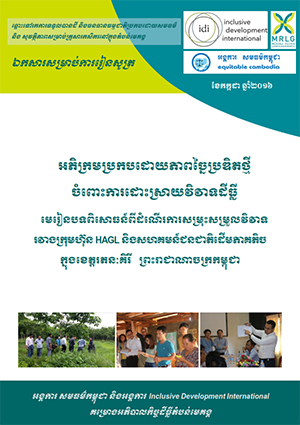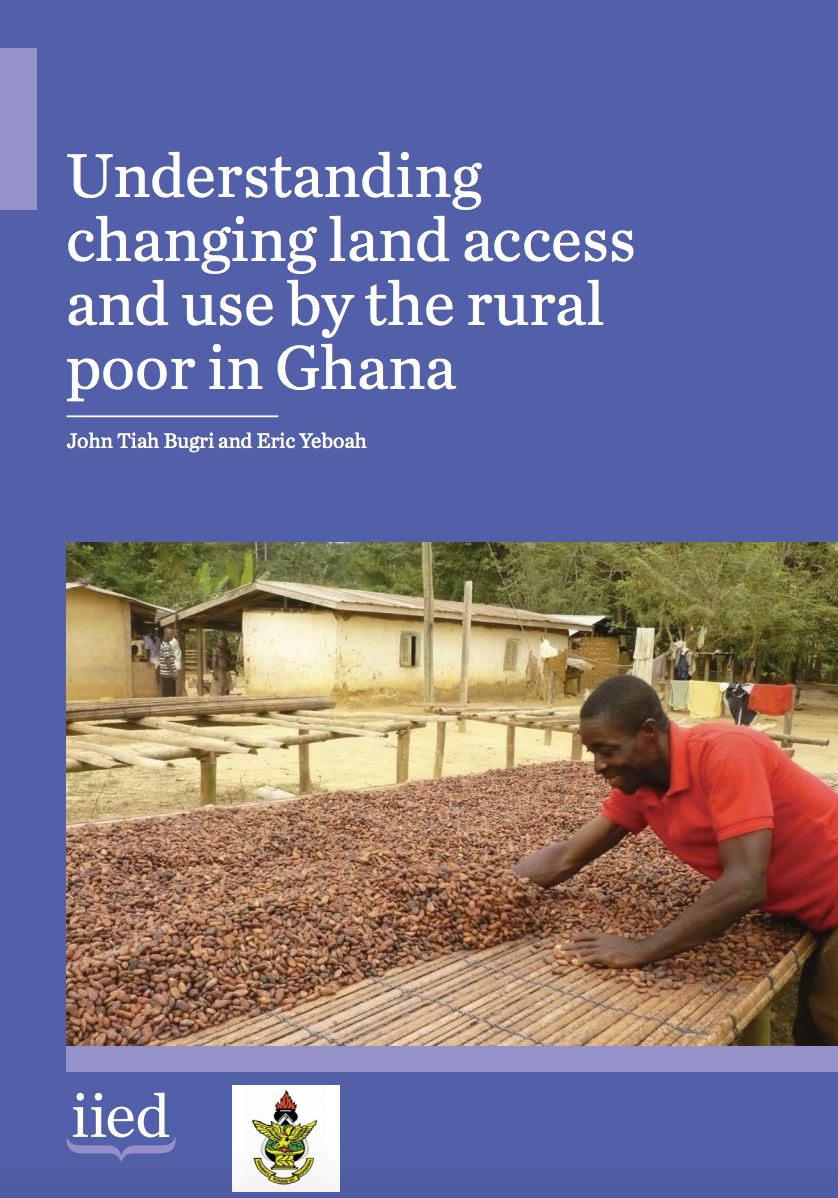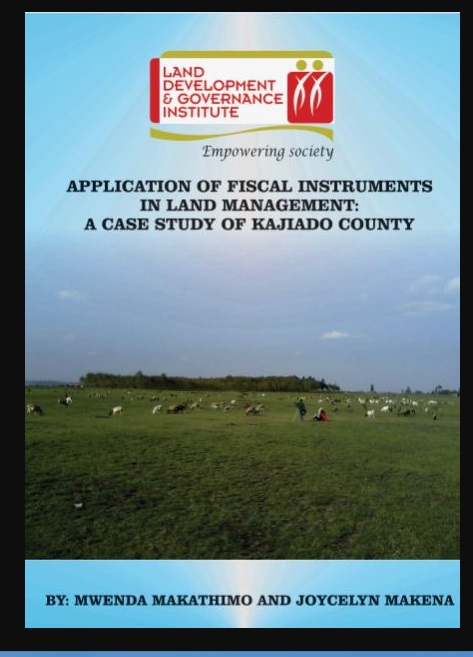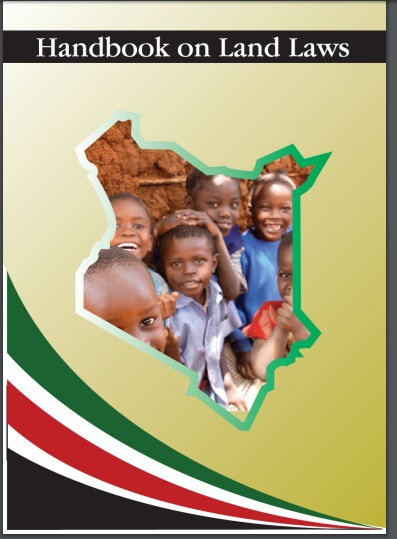District Multi-stakeholder Forums: An Unexhausted Opportunity for Securing Land Rights; the Tanzanian Experience
Administration of land in Tanzania is more decentralized from the president to the village level. The law gives power to village councils and village assemblies to administer village land. The District authorities are given advisory and supervisory mandates over villages and represent the commissioner who takes overall administrative powers. Despite decentralization, institutions responsible for land administration, land have continued to be cause of many conflicts for years. Conflicts have been escalating and lead loss of lives and property.

